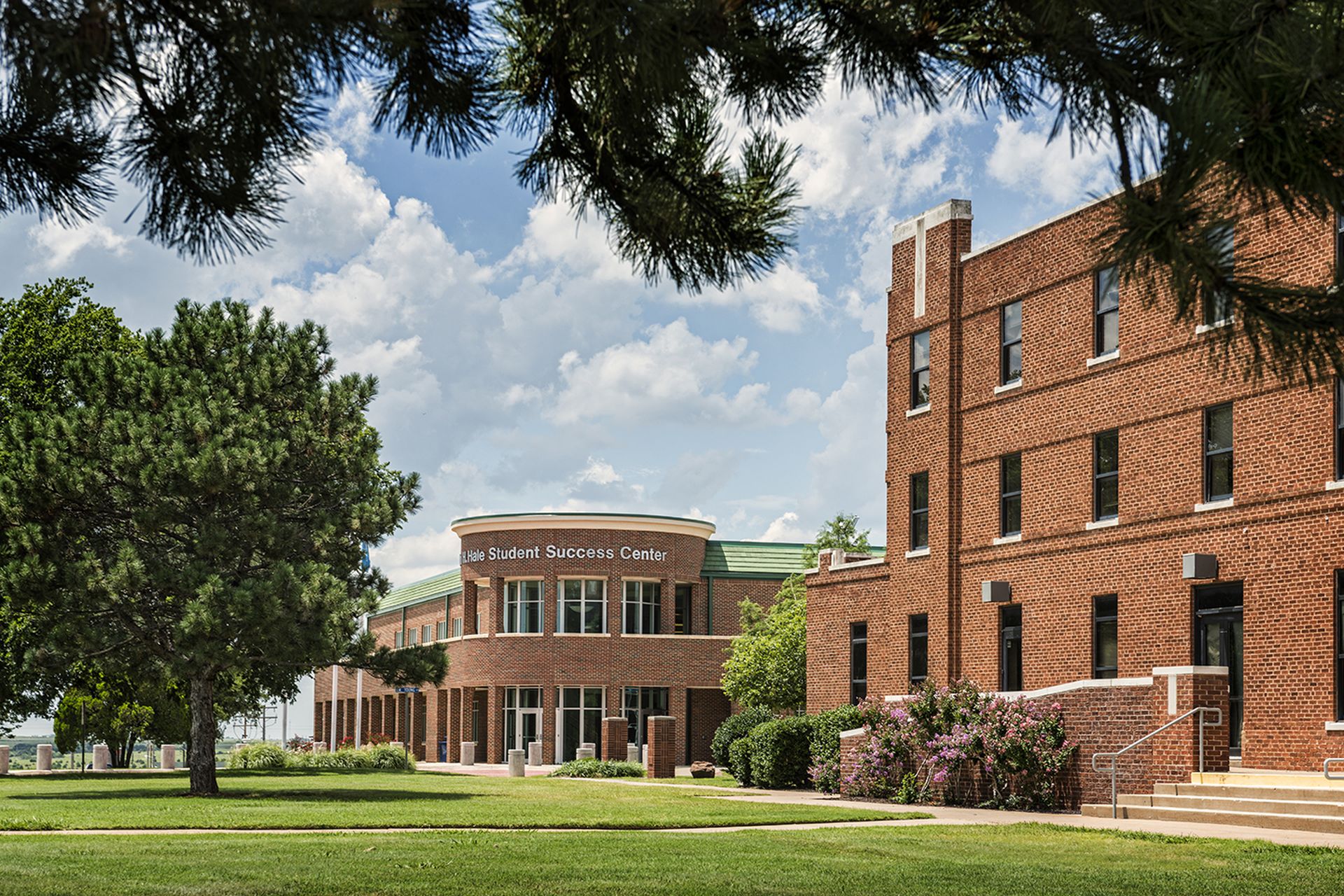
A nonprofit group is expanding a federally funded program that recruits K-12 students to pursue cybersecurity degrees at Historically Black Colleges and Universities.
The program, called Project REACH (or Realizing Equitable Access to Cybersecurity in High School), is run by CYBER.ORG, a cybersecurity workforce development organization and began with a pilot at Grambling State University last year.
According to Corisma Akins, a cyber education specialist at the organization who manages REACH, the program offers training, professional development courses and tech grants to K-12 teachers as well as access to CYBER.ORG’s curricula. The organization is also developing mentorship programs for college and high school students, as well as networking opportunities with cybersecurity professionals and on-campus visits.
Where they can, the organization has tried to meet young students where they are and use content into their courses. For example, one lesson focuses on personally identifiable information and uses TikTok videos from the Beyonce Drop Challenge — a viral meme where participants suddenly drop to the floor to the tune of "Yoncé" — to demonstrate how some participants were also inadvertently revealing their personal information in the process.
“Everybody loves music, so we really try to engage students by creating culturally relevant content activities that will keep them excited about learning,” Akins said.
While getting students to pursue cybersecurity degrees at one of the partnering HBCU’s is one metric for success, it’s not the only way the group is measuring its impact. For example, Akins said one of the course offered through the program is mapped to the CompTIA certification program, potentially offering students a pathway to employment outside of a college degree. They’ll also be collecting survey data from students to track interest levels in a cybersecurity career before and after the program.
“We are even measuring a sense of belonging, because cybersecurity is a white male dominated field, so what is their sense of belonging? Do they now see themselves more in this field because we’re doing things like putting people who look like them in the field…we’ll be doing different types of data collection like that,” Akins said in a virtual interview from North Carolina where she was working to implement the program at Shaw University, one of the partner universities.
REACH is funded in part by the federal government, including the Cybersecurity and Infrastructure Security Agency’s cybersecurity education and training assistance program (CETAP) grants. A previous release about the program’s launch last year indicates that the NSA has also contributed funding.
The program will now expand to 10 additional higher education institutions, including Bowie State University and Morgan State University in Maryland, Claflin University in South Carolina, Lane College in Tennessee, Langston University in Oklahoma, Lincoln University in Missouri, Shaw University in North Carolina, Stillman College in Alabama and Virginia State University.
Akins said the organization is looking to expand REACH beyond those 10 schools in the coming years, but said those conversations are ongoing and no decisions have been made.
The nation is dealing with a massive shortage of cybersecurity workers, but policymakers attribute much of that gap to two core problems: a widespread reluctance by employers to hire entry-level cyber specialists and an inability to recruit from underrepresented populations like women and people of color who have been historically shut out from the industry or lacked educational opportunity.
CISA has one of the most active agencies when it comes to looking for and developing career pathways to recruit from historically underserved populations. The agency partners with other groups like the National Cybersecurity Alliance to create cybersecurity degree programs at HBCUs and Director Jen Easterly has set an internal goal for achieving parity between men and women in CISA’s workforce by 2030.
While speaking to SC Media this week about efforts to boost the number of women in the cyber workforce, CISA chief of staff Kiersten Todt said that when it comes to reaching new audiences like women or people of color, a passive approach to hiring or recruiting is not going to reverse the tides.
"We can’t expect people to just log onto USAJobs and find a role. We really have to go where the talent is…we have to go to underserved communities and look at where talent exists, which is community colleges, vocational schools, high schools, and develop those pipelines and those talent efforts to pull in individuals who have skills and capabilities,” Todt said.



